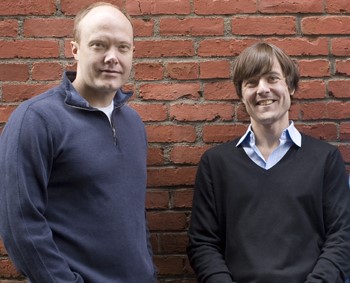The U.S. Federal Trade Commission has filed a lawsuit against Seattle-based bill payment company Doxo, alleging that the company has deceived consumers by making them believe that they are paying bills directly through Doxo when, in fact, the company adds unwanted fees and uses dark patterns in web design to trick consumers into signing up for unwanted subscriptions. The lawsuit, filed in federal court in Seattle, accuses Doxo of causing consumers to miss payments and risking having their services cut off by sending paper checks on their behalf without their knowledge.
Doxo, which was founded in 2008 and is backed by investors including Jeff Bezos, denies the allegations and states that it is committed to complying with all regulations and exceeding market standards to ensure that consumers are protected and empowered throughout the bill pay experience. However, the complaint alleges that Doxo’s co-founders, CEO Steve Shivers and Vice President of Business Development Roger Parks, have known for years about the harms their business model has caused consumers but have failed to take corrective action.
Despite the allegations in the FTC lawsuit, Doxo defends its business practices, stating that it has helped over 10 million people pay their bills safely and efficiently while eliminating extraneous costs and improving their financial health. The company claims that the FTC’s investigation is inaccurate and unjust, pushing forth a narrative that hinders the objective of reducing bill pay complexity and costs. Doxo asserts that the complaint demonstrates a fundamental misunderstanding of the bill-pay market and the structural inefficiencies that work against consumers.
In response to the FTC lawsuit, Doxo issued a statement expressing its commitment to fighting on behalf of all consumers and billers to provide a better bill pay experience. The company refutes the allegations and looks forward to seeing the interests of consumers and billers prevail in the legal proceedings. Doxo had raised $18.5 million in funding in 2022, marking its first capital infusion since 2011. The company claimed profitability with annual revenue exceeding $40 million and counted investors such as Jackson Square Ventures, MDV, and Sigma Partners, along with Bezos Expeditions, among its backers.


